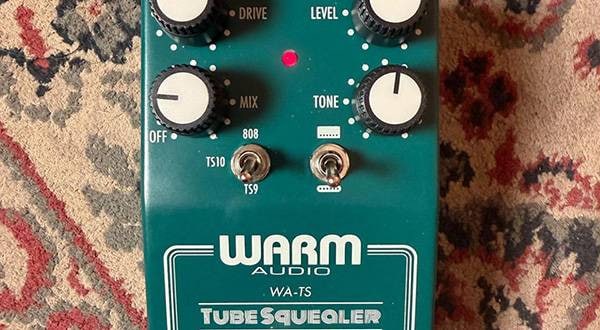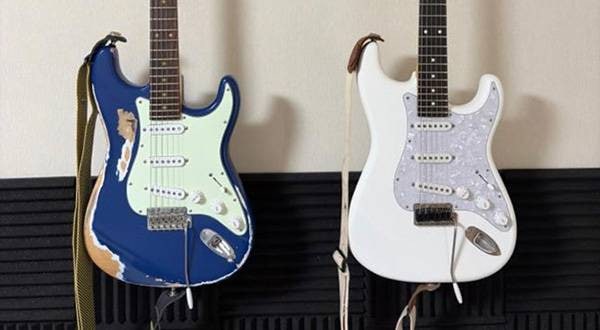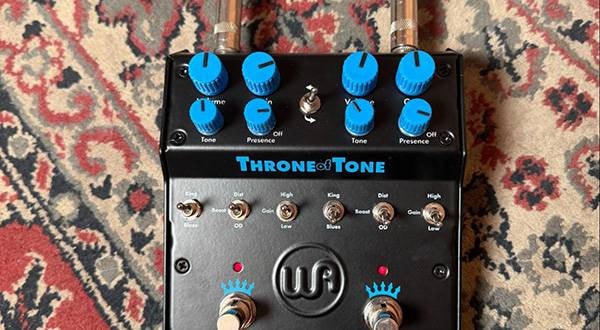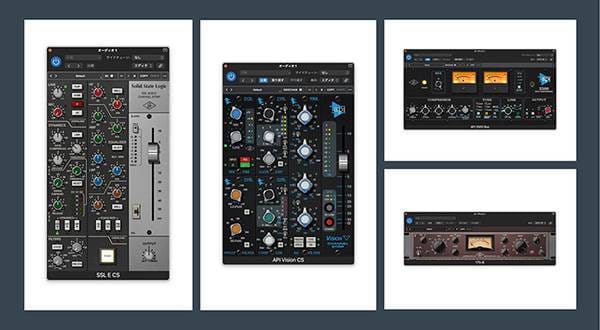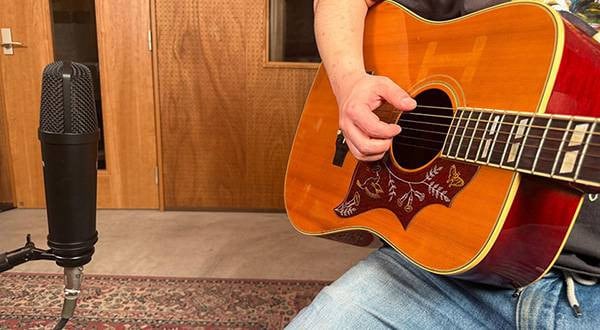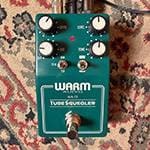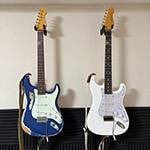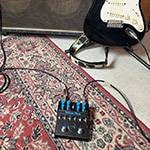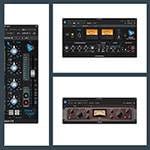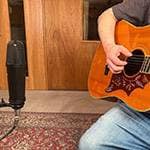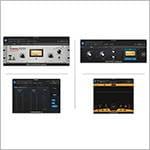From monophonic to polyphonic
The biggest disadvantage of a monophonic synthesizer was the lack of chords. This was the situation from the late 1960s to the mid-1970s. The background was that it was technically difficult to combine multiple monophonic synthesizers and create a single machine that could produce chords with one unit. To make a four-tone polyphonic, just combining four Mini Moog (600,000 yen or more per unit) into one (although it is not such as easy as it sounds...) will be an expensive product. It also becomes heavy and unrealistic for musicians to take on tour.
Moog then released the Polymoog, an electronic polyphonic synthesizer-like Poly Moog that oscillates all keys with a different idea, and Korg released the PS-3100. However, these were not perfect polysynths, and they were "mocked" to the end.
In 1977 Yamaha announced the GX-1 as a polysynth that controlled the voltage of each keyboard independently. The keyboard and chair were integrated and it weighed more than 300 kg. The price was as high as 7 million yen. It was used by Stevie Wonder and Keith Emerson, but it was far from easy to use. After that, the CS-80 was improved upon, and the price was 1.28 million yen for the 6-tone poly. It is said to be a pioneer machine in polysynths. The number of voice memories was only four.
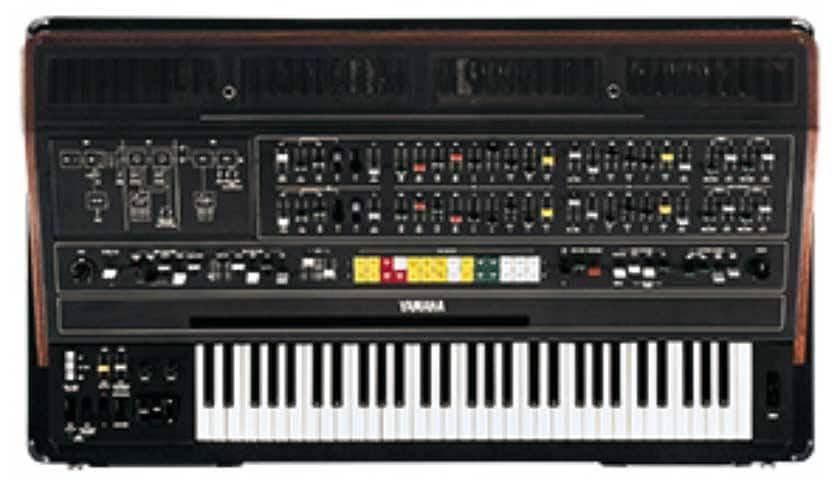
Yamaha CS-80
UK / keyboardist: Eddie Jobson
Eddie Jobson is as well-known CS-80 player, the famous polysynth machine. Eddie Jobson toured with Roxy Music, Frank Zappa Band, and joined the Progressive Rock Superband UK in 1978. UK members include keyboard, violin Eddie Jobson, former King Crimson’s John Wetton (Bass, Vo), former Yes, King Crimson drummer Bill Bruford (Dr), and former Gong member Allan Holdsworth (G). It was a group of members who could be said to be the peak of Progressive Rock.
Jobson used the CS-80 to represent the British tradition of progressive rock. Jobson was also a violin virtuoso.
■ Recommended album: U.K. (1978)
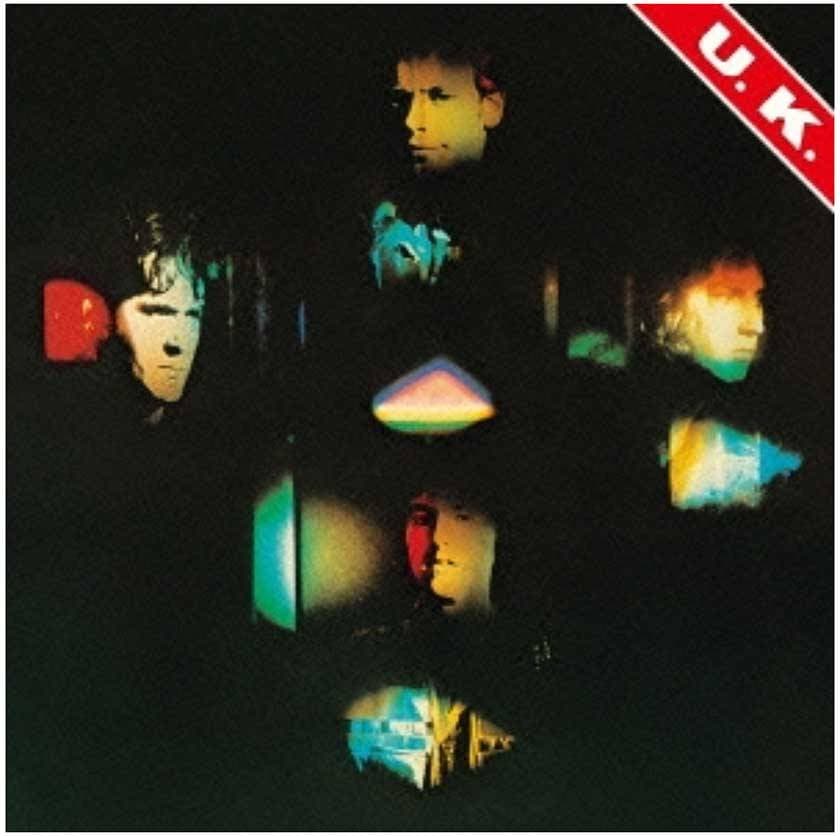
Recommended: "In the Dead of Night".
U.K.'s signature song is "In the Dead of Night". The chord work of the CS-80 Polysynth is added to the odd time signature intro of bass and drums. In the middle part, Holdsworth's solo swimming over the drums and bass can be heard. In Holdsworth's solo, you can hear the CS-80's frosted glass-like pad sound (using LFO modulation skillfully). With the advent of polysynths, new musical expressions that could not be achieved with monosynths have become possible.
Recommended Songs: "Alaska"
It is this "Alaska" in which you can hear the true value of CS-80 in U.K.’s music. Chord portamento cannot be applied in the style of the "Polysynth". The CS-80 made this possible. Portamento is a function that allows you to set the time of pitch change between notes (in the case of a guitar, imagine the effect of playing chords and sliding the frets up as they are). Alaska, which combines the polyphonic and portamento functions of the CS-80, has shown the possibility that polysynths can compete with orchestras.
Recommended Song: "Nevermore"
In U.K.'s first album, there are many solo parts and solo interaction parts to show off their techniques. In Nevermore, there is a hybrid solo between Holdsworth on guitar and Jobson on the CS-80. Jobson’s playing using the functions of the CS-80 (such as portamento, modulation effects such as LFOs) is full of imagination for solo and backing. The CS-80 is not as thick as the Moog for a single note, but when you listen to Jobson's playing, the sound image of the CS-80 gives an intelligent and high-quality impression that you can hear.
■ Recommended Album: Danger Money (1979)
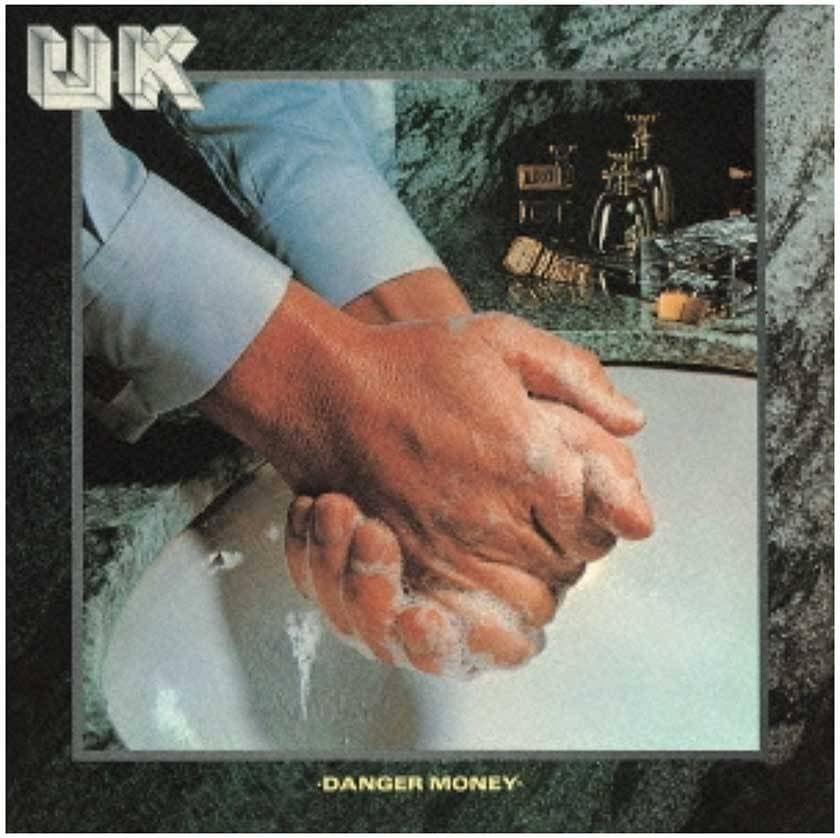
Recommended: Rendezvous 6:02 (Rendezvous 6:02)
The second album from U.K. has left Guitarist, Allan Holdsworth, drummer Bill Bruford, and Terry Bozzio from the new Frank Zappa band. It started as a trio. Bozzio appears to have been a part of Jobson's previous participation in the Frank Zappa band.
U.K, which became a trio without a guitarist, and became Jobson's sole discretion. However, you can see not only the progressive mood of the previous work, but also the pop side of the UK. It may be said that the taste of bassist John Wetton was difficult to understand (excuse me! Enough said...), and the taste of Bozzio who hits a straight drum, although it takes a lot of work, were reflected instead.
There is a song that take advantage of the features of the CS-80 on this album. It is "Rendezvous 6:02".
You can hear the sound of CS-80 snuggling up in unison behind the beautiful piano arpeggio. This blurry sound is a characteristic of the CS-80.
■ Recommended album: Night After Night (1979)
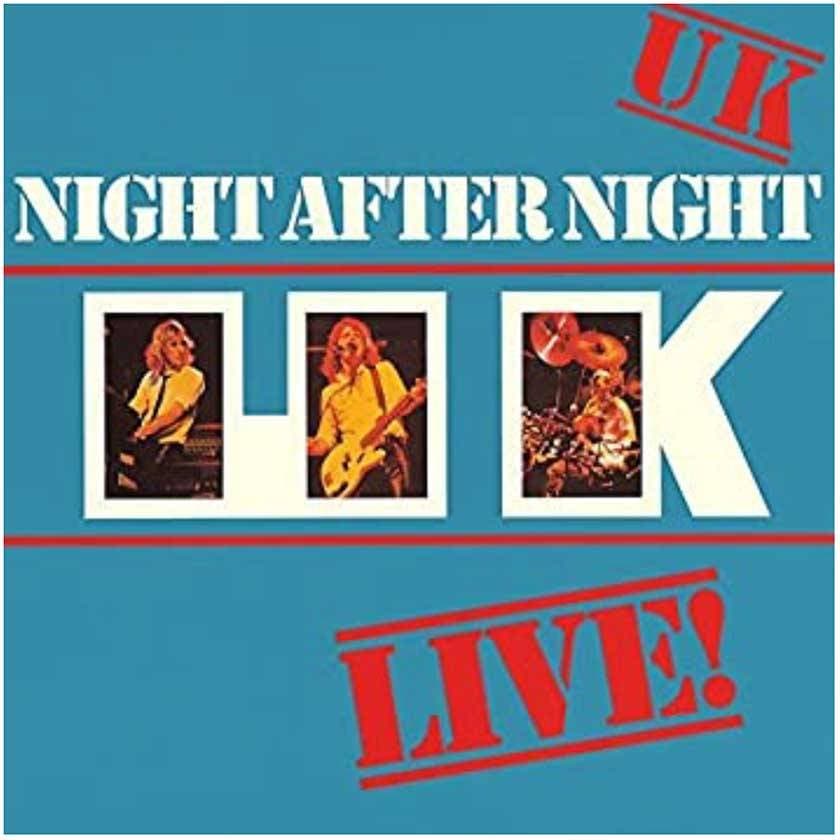
The third and last album from U.K. was a live album. The 1979 Nippon Seinenkan was filled with spectators with expectations of a U.K. kind of performance, which had became a trio. I was one of the spectators. It was a mix of expectations and anxieties, regarding whether it would be possible to produce the thick U.K. sound live or to reproduce such complicated compositions. However, my thoughts were blown away as soon as the sounds of the three members came out. The first song was "Danger Money", the title track of the second album. Jobson was playing thick and heavy A augmented chords on the CS-80. Jobson and Bozzio's chorus were on the vocals of Wetton, which helped to thicken the sound. There were few scenes where I felt a thinness of the sound through this live album. The only scene where Jobson stopped playing the keyboard and played solo at the front with a transparent violin became the sound of two members, drums and bass, and I felt again that it was a trio performance.
Suggested song: “Rendezvous 6:02”
In the actual live show, it started from the blurred sound of CS-80. In this album, the sound of the CS-80 was dubbed in the studio with the sound of Yamaha's CP-70. The mid-sized synth solo was produced with a Mini Moog.
Recommended Songs: "Alaska"
Alaska was the one I wanted to listen to most at the U.K. concert. Whether or not the sound of an orchestra can be produced live, or if the actual studio board is dubbed a lot, the thoughts are mixed. When I heard the sound from Jobson's CS-80, I was almost upset. This is because it was exactly the same as the sound of the studio board. The CS-80 was scary!
Albums, song titles, and keyboards used this time
- Artist: UK / Eddie Jobson
- Album: "U.K.", "Danger Money" and "Night After Night"
- Title: "In the Dead of Night", "Alaska", "Nevermore", "Rendezvous 6:02"
- Instruments used: Yamaha CS-80, CP-80, 2 Minnie Moogs, Hammond C-3, Prophet 5, etc.






